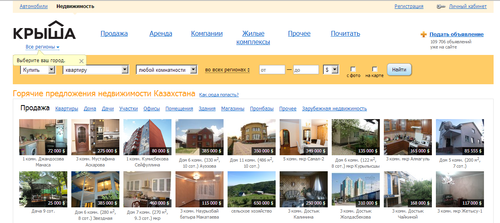It’s time to talk about Phalcon 2 and the future of this project.
Despite being a PHP extension implemented in C and its young age, Phalcon offers the same or better features than other frameworks that have been around a lot longer. Phalcon is a fast, robust, secure, extendable PHP framework for everyone to use.

With every release, throughout the development of Phalcon, we have always focused on offering a good balance between new features (driven by the community) and bug fixes/optimizations.
Because of that, some areas of the framework have suffered, mainly unit tests and documentation. Despite the fact that our documentation is very thorough, there is a lot of room for improvement. The same goes with the unit tests of course.

We are happy to announce that Phalcon 1.2.1 is available for download/compile for our users.
This new version of Phalcon includes a lot of optimizations, reducing memory while increasing performance (yet again :))
This new release of the Phalcon framework, contains several new features (mostly requested by the community), bug fixes and various performance improvements. The main changes are highlighted in the beta article. You can see the CHANGELOG for a complete list of changes.
A summary of the new features introduced follows:

The Phalcon Team is constantly trying to find ways of making Phalcon even faster while keeping a good balance in terms of features offered and performance.
Today, we are happy to announce that profile-guided optimizations are available in Phalcon!
We are happy to announce the release of our first beta of Phalcon 1.2!
In this version we have introduced several new features and performance improvements. The intend of this beta release is get input from the community, test the new functionality making sure everything works fine once production environments are updated to 1.2.
This post is quite technical, explaining the inner workings of Phalcon.
As a web developer, you don’t need to know how it works (most of the times) so long as it works, and works well. However we believe that this article will allow users of the framework to understand some of the inner workings of Phalcon, and allow them to make decisions on the hardware they use, so as to maximize performance for their applications.









